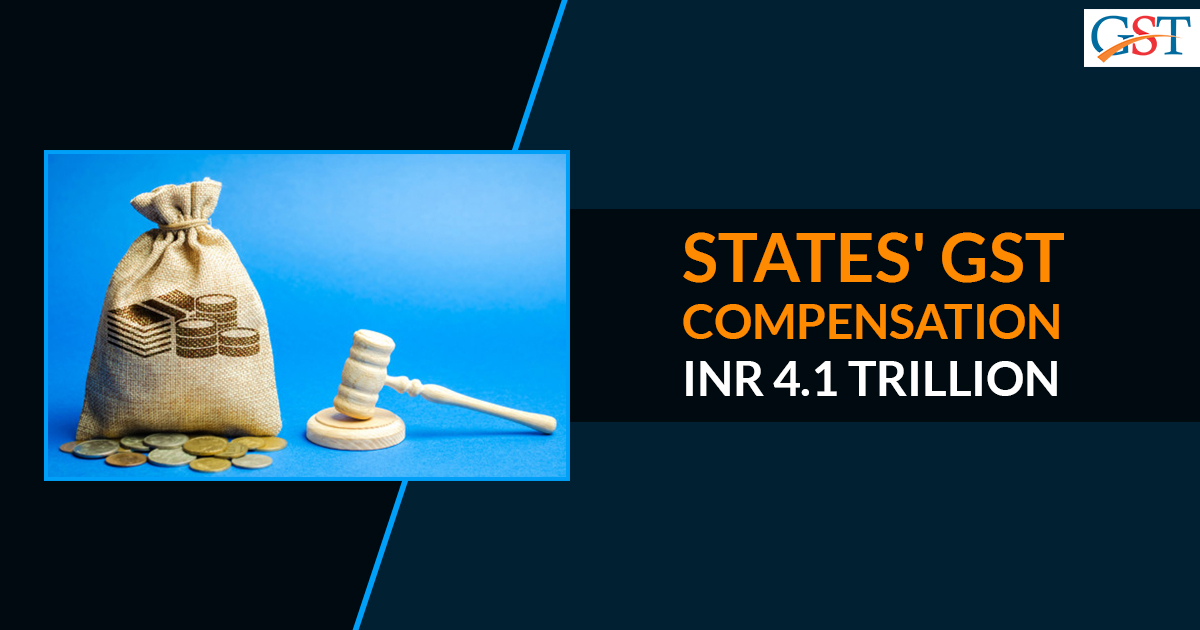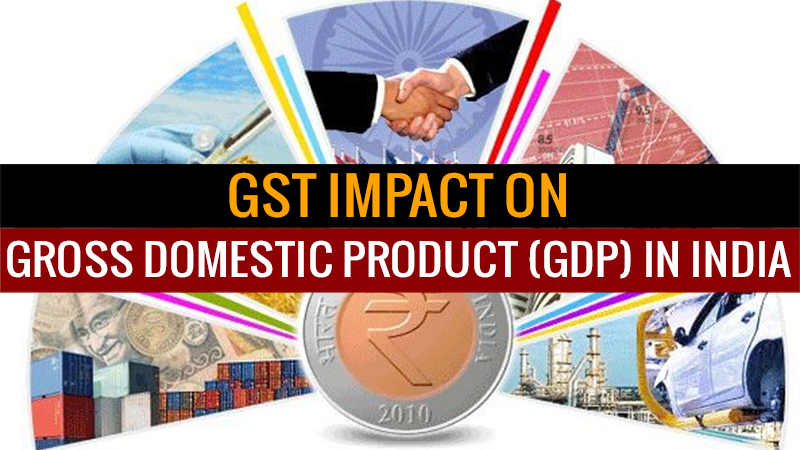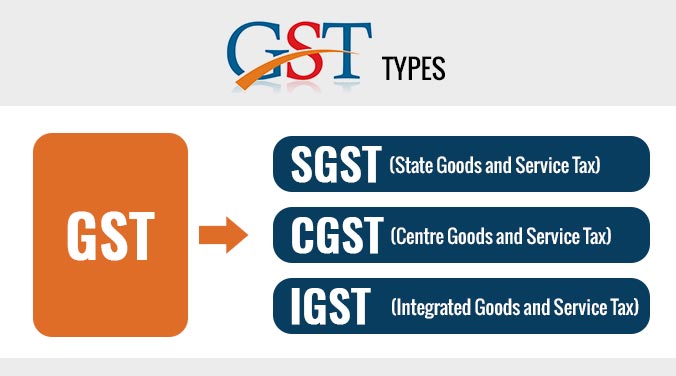
COVID-19 Panadamic causing a bad effect on the collection of the states, due to it, their GST collection requirements is expected to reach Rs. 4.1 trillion in this Financial year, which is almost equal to 2.1 percent of the GDP of our country 
A report by ICRA states that “Moreover, we estimate that the closing balance of the GST Compensation Fund was a modest Rs 255 billion at end-March 2020, which comprises the unreleased cess balance of the prior years. Accordingly, the gap between the resources that are likely to be available to the GoI in FY2021 (Rs 494 billion-plus Rs 255 billion) for disbursing the pending GST compensation requirement for FY2020 (Rs 505 billion) and the substantial requirement for FY2021 (Rs 4.1 trillion) would enlarge to Rs 3.9 trillion or 1.9 percent of ICRA’s estimate of India’s GDP for FY2021”.
COVID-19 also caused adverse effects on consumption and demand of several non-essential goods and services, on which the State Goods and Service Tax (SGST) 
The report also shares that GST compensation cess applicable to some specific items such as automobiles and coal to compensate the states’ loss in their collections through SGST. The report also expects that the SGST revenue will be Rs 494 billion in Financial Year 2021, however, it was Rs 1 trillion in the previous Financial Year. These all are happening due to the halted or reduced demand for Automobiles and other items caused by the COVID -19 Pandemic.
In view of the expected shortfall in the revenues, the Union government hiked the net borrowing limit of the state governments to 5% of GSDP in Financial Year 2021, which was 3% of GSDP earlier, However, the hike in unconditional borrowings are restricted to 0.5%of GSDP only. ICRA’s Report also states that “We estimate the additional unconditional net borrowing of the states for FY2021 at Rs one trillion, which would be adequate to offset only a fourth of the aforementioned gap of Rs. 3.9 trillion between the GST compensation required and available cess collections. We estimate the conditional borrowing of 1.5 percent of GSDP permitted to the state governments for FY21 at Rs. 3.0 trillion”.
It is something that depends on the achievement of the targets concerned with the four-reformed areas that are prescribed by the Central Government to the State governments. If the state Government failed to achieve the targets than they will be not eligible to borrow the additional 1.5% of GSDP. The report also warns that any mismatch occurs in the releasing of the GST Compensation will result in extra financial and liquidity stress to the state government.









